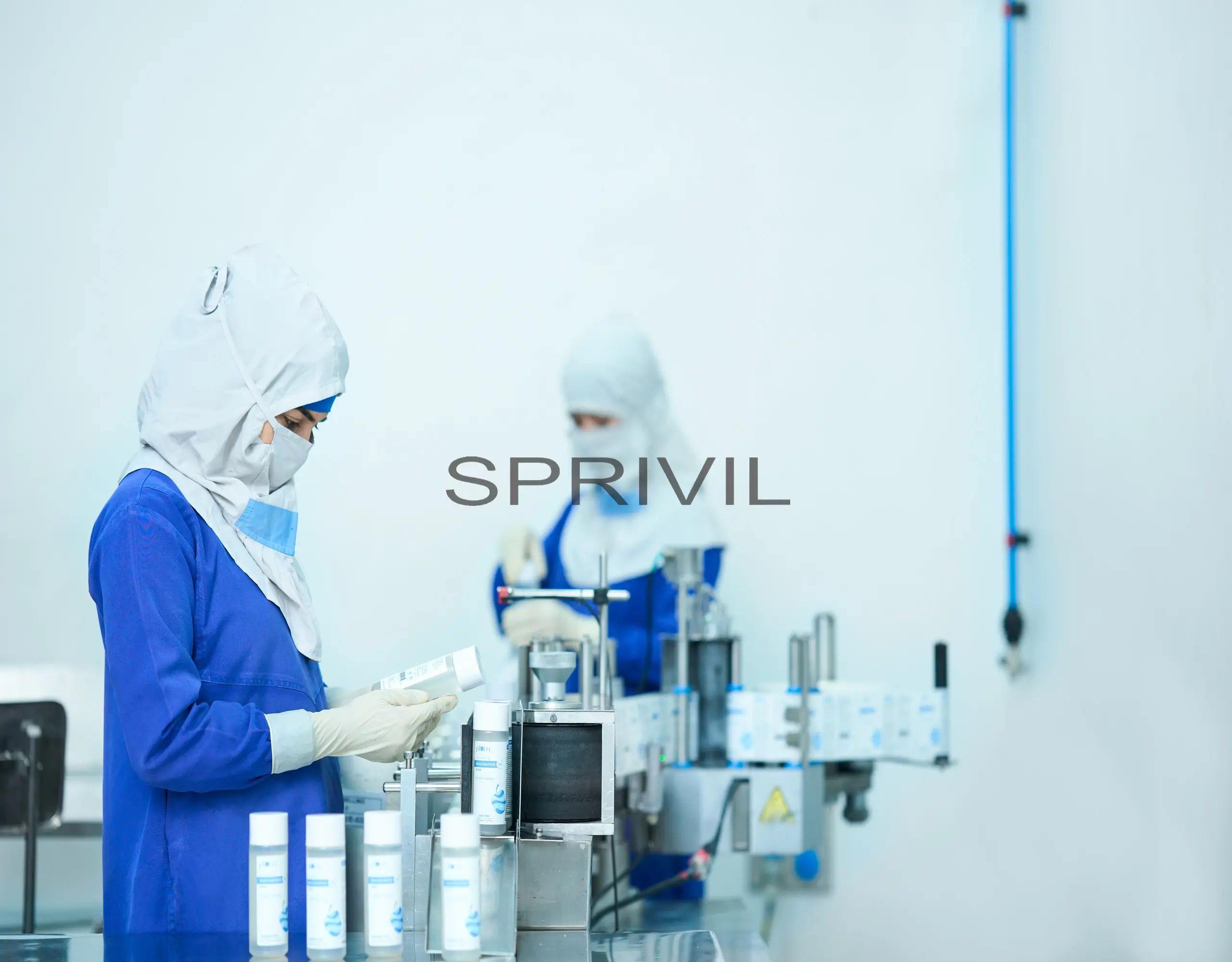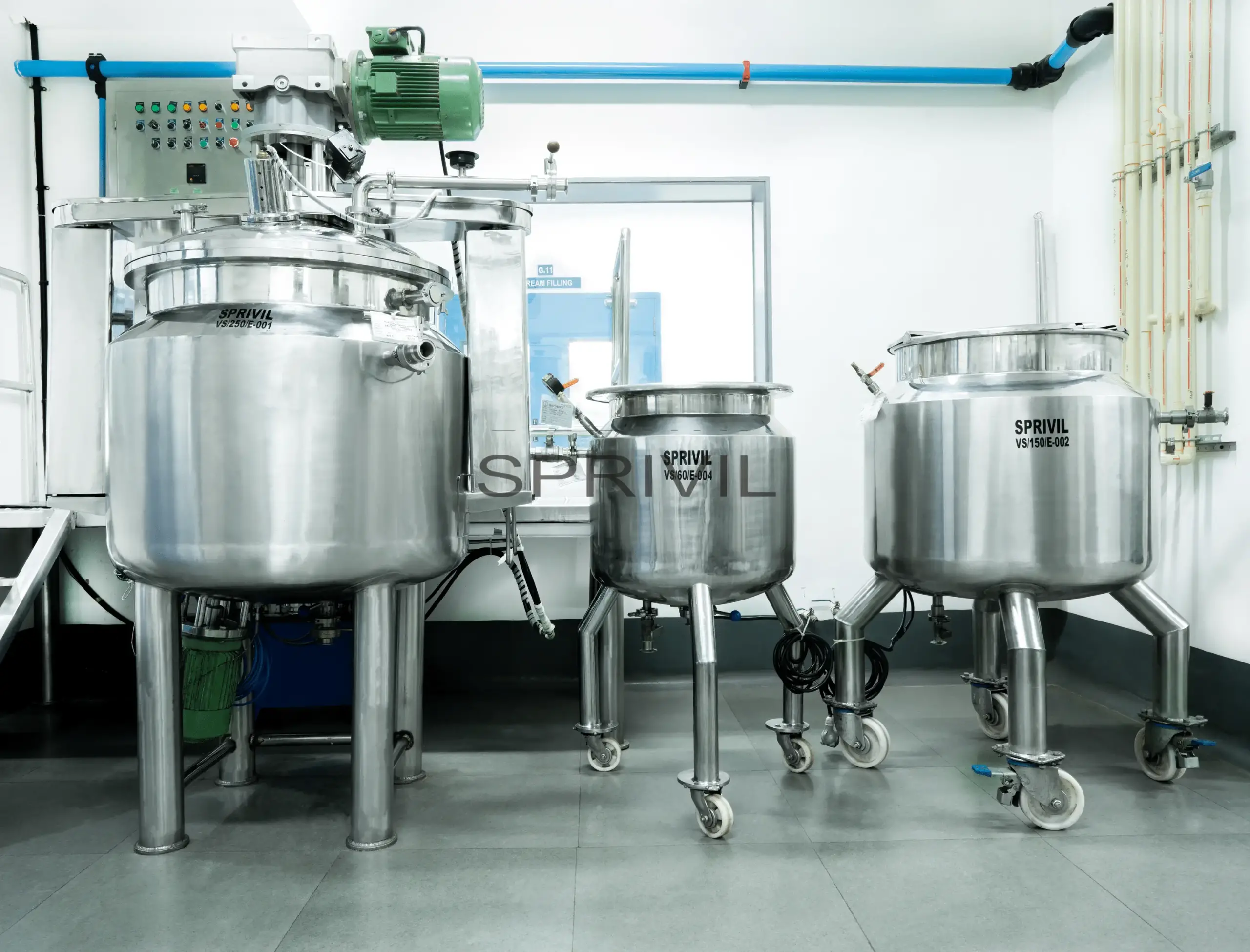Essential Regulations and Standards for Manufacturing Skincare Products in India
Manufacturing skincare products in India involves adhering to various regulations and standards to ensure safety, efficacy, and quality. The primary regulatory body overseeing cosmetics, including skincare products, is the Central Drugs Standard Control Organization (CDSCO), which operates under the Ministry of Health and Family Welfare. Here are some key regulations and guidelines to consider:
1. Drugs and Cosmetics Act, 1940 and Rules, 1945
The foundational legal framework for the regulation of cosmetics in India is provided by the Drugs and Cosmetics Act, 1940, and the accompanying Rules, 1945. These laws cover several aspects, including:
Definition of Cosmetics: The Act defines cosmetics and specifies that products must not contain harmful ingredients.
Licensing: Manufacturers must obtain a valid manufacturing license from the respective State Drug Control Department. This license is granted after inspection and verification of the manufacturing facilities, processes, and quality control measures.
Labeling Requirements: The labeling of skincare products must comply with specific requirements, including the product name, manufacturing date, expiration date, batch number, ingredient list, and manufacturer’s name and address. Additionally, products must include any specific warnings or precautions for use.
Prohibited and Restricted Ingredients: The Rules specify certain ingredients that are either prohibited or restricted in cosmetic formulations.

2. Bureau of Indian Standards (BIS)
The BIS sets standards for cosmetics under its certification scheme. Some standards are mandatory, while others are voluntary but widely adhered to ensure quality and safety. For example:
– IS 6608:2004: For skin creams
– IS 7669:2004: For skin powders
– IS 4707 (Part 2):2009: List of raw materials generally not recognized as safe for use in cosmetics
3. Good Manufacturing Practices (GMP)
Manufacturers are encouraged to follow Good Manufacturing Practices (GMP) as outlined by the CDSCO. GMP guidelines help ensure that products are consistently produced and controlled according to quality standards. Key aspects include:
Quality Control: Adequate testing of raw materials, in-process materials, and finished products.
Facility and Equipment: Proper maintenance and sanitation of manufacturing facilities and equipment.
Personnel: Training and qualification of staff involved in the manufacturing process.

4. Import Regulations
For imported skincare products, the CDSCO regulates registration and approval. Importers must obtain a No Objection Certificate (NOC) and ensure that the products comply with Indian standards and labeling requirements.
5. Advertising and Claims
The Advertising Standards Council of India (ASCI) provides guidelines on advertising, including claims made in skincare product promotions. False or misleading claims can lead to penalties and product recalls.
6. New Product Approvals and Notifications
New or innovative cosmetic products may require additional approvals, particularly if they contain novel ingredients. Manufacturers may need to submit safety and efficacy data for review.
7. Environmental Regulations
Manufacturers must also adhere to environmental regulations, such as waste disposal and pollution control, as stipulated by the Ministry of Environment, Forest and Climate Change.
8. Animal Testing
India has banned the testing of cosmetics on animals. Manufacturers must comply with these regulations and seek alternative testing methods to ensure product safety.
9. Legal Compliance and Penalties
Non-compliance with these regulations can result in penalties, including fines, product seizures, and suspension or cancellation of manufacturing licenses.
It’s essential for companies to stay updated with the latest regulatory changes and seek legal or regulatory consultation if needed, to ensure compliance with all applicable laws and guidelines.

Notable Clients









